Freedman, Perkins, Farquhar, Cannon-Brookes… we hear a lot about the magical start-up founder who overcame adversity, obstacles, nay-sayers, and usually more than a few cash-flow problems, to create something that took the world by storm.
Even with these stories of fame and fortune, many start-ups face challenges in finding new talent to bring into their growing organisation. According to a recent report by LaunchVic and dealroom.co, the Victorian start-up sector experienced a 10.75% increase in start-up jobs year-on-year between 2018 and 2020. Based on current growth rates, it is expected that by 2025 Victorian start-ups will employ twice as many people as the sector did in 2018, representing a possible 51,000 jobs.
This rapidly growing sector is facing an already fierce competition for talent that is only going to increase over the coming years. And these start-ups are not just looking for any talent, but start-up suitable talent.
One talent pool available to start-ups are those coming out of larger, corporate organisations. Done with corporate life, these highly experienced professionals are often keen to explore the world of start-up and scaleups, keen to kick start the next stage of their career with a potential unicorn.
But after years of corporate life, do these individuals really make great start-up talent?
Werkling recently interviewed six Victorian start-up founders who have observed that, in many cases, the transition from corporate to start-up is not without challenge. As a result, we heard of a growing reluctance from start-up founders to employ talent coming straight out of a corporate environment.
The challenges
The consistent feedback we heard from founders is that the transition from corporate to start-up requires both a mindset shift and an openness to new ways of working. For some, this change comes easily but for others, the need to change the behaviours that have made them successful in the past proves difficult.
Founders who are considering talent with a corporate-only resume should ensure that the start-up differences and expectations are well understood. The talent’s capacity to thrive in this new environment should be explored and demonstrated through the selection process.
The following behaviors were commonly called out as essential. Without them, the transition to start-up life is unlikely to be successful.
Willingness to fail: Most corporate employees have been conditioned to believe that failure is to be avoided. Their next promotion, pay rise, or project depends on them getting it right and demonstrating their success. As individuals transition to a start-up, they will step into an environment where failure is not just embraced, but is crucial for success.
“In start-ups [failure] is necessary experience for growth, you need the experience to point back to and learn from, the only way you learn is by f-ing up.” ~ Founder
Autonomous action: Corporates tend to have defined responsibilities and processes, whereas startups are about rolling up your sleeves and jumping into whatever needs to get done. The bureaucracy of big business is replaced with a sense of urgency that many ex-corporates find to be a significant adjustment.
“[The ones who succeed] look for problems to solve, and solve them.” ~ CEO & Co-founder
Commercial acumen: Depending on their field of work, corporate employees may have limited commercial exposure. Within start-ups, the strategic and commercial impact of decisions and actions is hyper-visible, and a systemic view of the business is a must.
“It’s a red flag when people say they’re joining because they’re keen on strategy and growth. I dig in and ask them what they actually mean by that – and usually there’s nothing sitting beneath it!” ~ Founder
Ambiguity and curiosity: While the start-up’s purpose should be unwavering, what matters most may change on a daily basis. Some struggle with this lack of structure and constant pivots. An increased tolerance for ambiguity is a new, and big, ask for many leaving a corporate environment.
“They need to be prepared that the business won’t look the same in three months time” ~ Founder
So where to find startup-suitable talent?
Beyond the mindset and capabilities, there’s another question founders should ask themselves; do I really need to ‘buy’ the talent (by hiring an employee), or does it make more sense to ‘borrow’ it (by bringing in trusted on-demand talent)? This is an especially useful question for capabilities such as People & Culture, Go-to-market strategy or PR, where you might not need someone every day.
On-demand talent communities like Victorian start-up Werkling partner with founders to help them define and design the work, and find creative ways of resourcing their urgent need for startup suitable talent.
Yes, Werkling has some amazing peer-recommended corporate escapees within their talent community. But they also have an incredibly strong cohort who have significant experience and specialisation working within a start-up and scale up environment. And this is who they match founders with: talent who know the landscape and are bold, proactive, commercial, pragmatic and curious.
There have been many who have made the successful transition from corporate to start-up but it is foolish for founders and ex-corporate talent to ignore the stark differences between the two working environments. Both sides have been burnt in the past.
Founders should be cognizant of the mindset and behaviours they are looking for and strategic in how they engage talent.
Get in touch: book in a Werkling consultation, where we’ll help you work out what (and who) you need.

